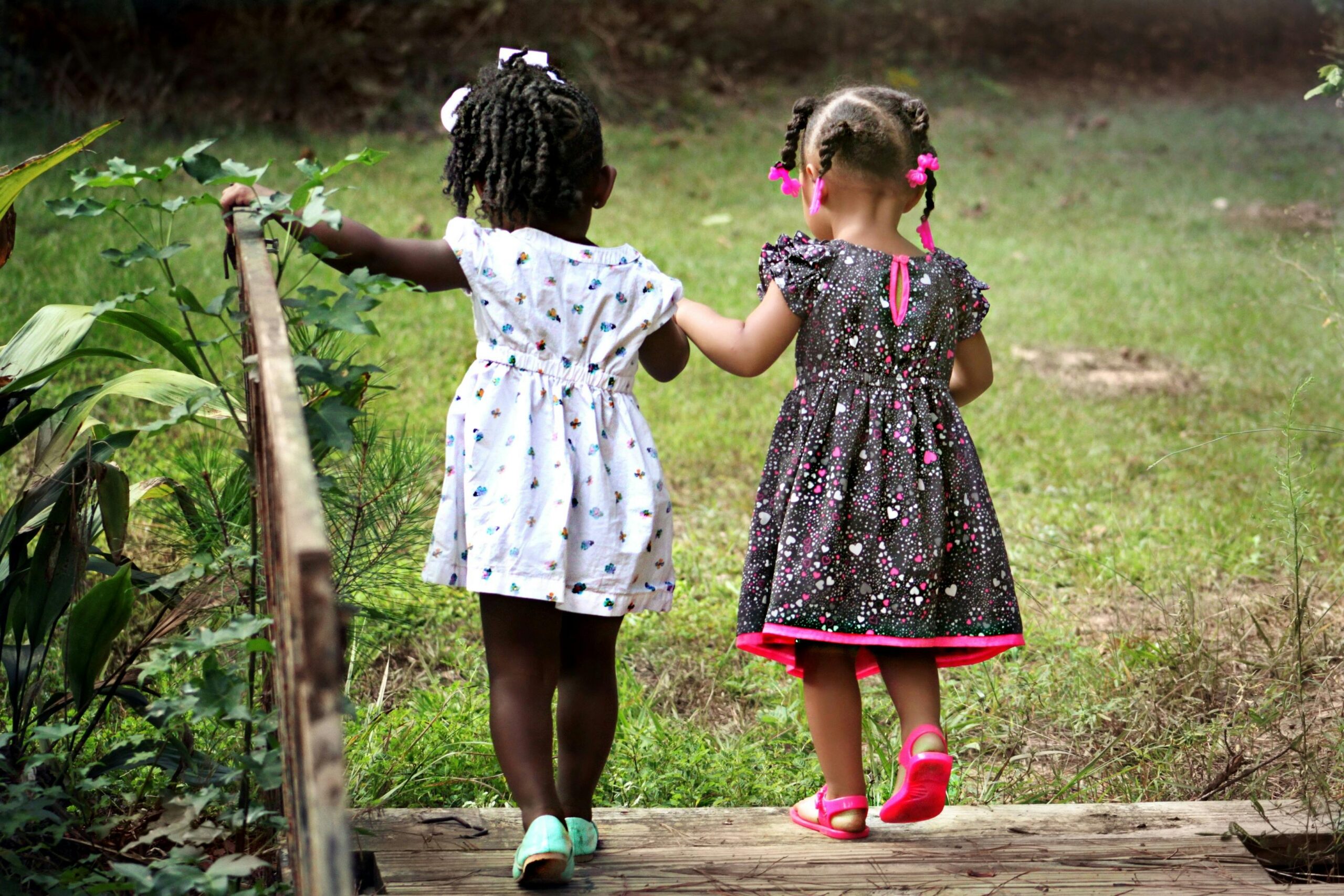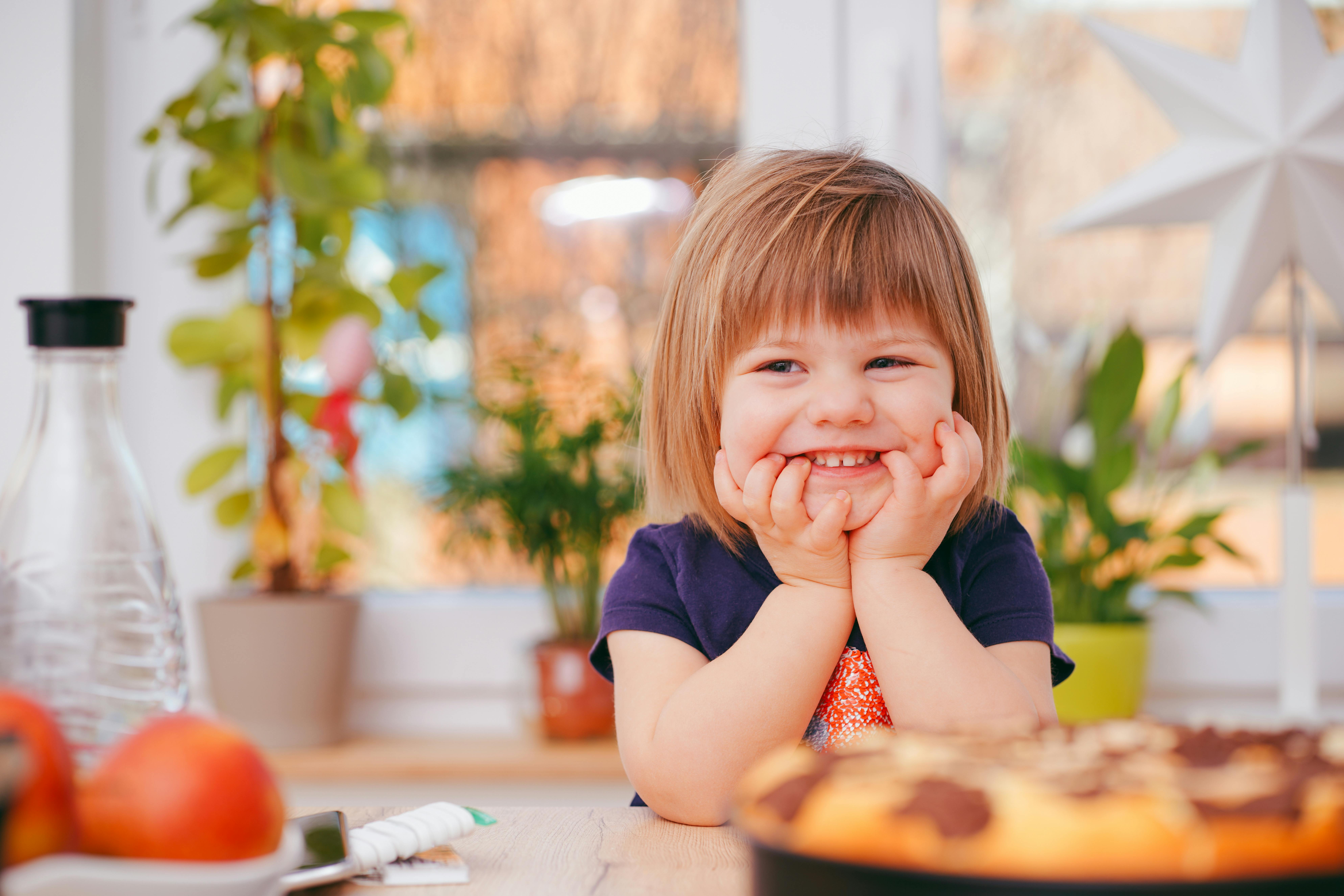What Is OCD in Children?
OCD, or obsessive-compulsive disorder, is a mental health disorder. It makes kids have unwanted thoughts (called obsessions) and feel they must do certain actions over and over (called compulsions or rituals). This disorder can affect a child’s mood, behavior, and quality of life.
For example, a child with OCD might worry about germs and wash their hands many times a day. They may check things, like if the door is locked, again and again. These actions are not just habits. They are done to help get rid of fear or stress, but they can take up a lot of time and cause distress.

Signs of OCD in Children
Some signs of OCD may seem small at first. But over time, they can affect sleep, homework, and how a child feels. Here are some signs to look out for:
Washing hands over and over, even when they are clean
Needing things to be perfect or symmetrical
Repeating rituals like touching something a certain number of times
Getting very upset if routines change
Fear of contamination, dirt, or germs
Asking the same questions again and again
Trouble going to sleep or bedtime routines that take a long time
Avoiding people or places because of thoughts of disgust or fear
How OCD Affects Children’s Minds and Bodies
OCD is linked to how the brain works. It may involve problems with a brain chemical called serotonin. Serotonin helps control mood and behavior. When serotonin does not work well, it can cause thoughts and feelings that are hard to manage.
Children with OCD may also feel stress, panic, or even depression. Their immune system may also play a role. Some kids have a sudden start of OCD after an illness, like strep throat. This is called PANDAS (Pediatric Autoimmune Neuropsychiatric Disorders Associated with Streptococcal Infections) or PANS (Pediatric Acute-onset Neuropsychiatric Syndrome).
In both cases, streptococcus bacteria might trigger OCD symptoms. This shows how health, illness, and the mind can all connect.
What Causes OCD in Children?
Doctors and healthcare providers are not sure what causes OCD. But some things may raise the risk:
Family history or genetics
Differences in the brain
Problems with serotonin reuptake (how the brain moves serotonin around)
Illnesses like strep throat
Too much stress
Past trauma or taboo thoughts that cause guilt
More research in neuroscience is helping doctors learn how OCD works.

How OCD Is Diagnosed
If you think your child may have OCD, talk to your primary care doctor or a healthcare provider. They may send you to a pediatric mental health clinic or center. The doctor may do an evaluation to check your child’s:
Behaviors
Thoughts and feelings
Sleep and mood
Daily habits and rituals
The doctor may ask your child about superstitions, fears, or thoughts that feel scary. They might also ask about school and preschool life.
How OCD Is Treated
The good news is that OCD can be treated! Most kids do better with a mix of therapy and medicine.
1. Therapy
The best therapy for OCD is called CBT (Cognitive Behavioral Therapy). It helps children learn to face fears and stop rituals. A special kind of CBT called ERP (Exposure and Response Prevention) is very helpful.
Kids may work with a therapist to face things that cause fear, like contamination, and learn to stop doing the ritual that follows. For example, if a child fears dirty hands, they learn not to wash them right away.
CBT helps kids feel brave, take control of their mind, and lower distress.
2. Medicine
Some kids may also take antidepressant medicines. One common medicine is fluoxetine, which is a serotonin reuptake inhibitor (SSRI). It helps balance serotonin in the brain.
Medicine may help with mood, fear, and unwanted thoughts. Your physician or mental health professional will decide what’s best for your child.
Helping Your Child at Home
If you’re a parent or caregiver, you play a big role in helping your child.
What You Can Do:
Be kind and patient
Learn about OCD to build understanding
Create a calm bedtime routine
Help your child with coping skills
Don’t help with rituals—this keeps OCD strong
Praise brave behavior
Talk with teachers about how to support your child
Limit stress at home when possible
When OCD Comes with Other Problems
Sometimes, OCD happens along with:
Anxiety or depression
ADHD or trouble paying attention
Trichotillomania (pulling out hair)
Tics or movements that happen over and over
Scary thoughts about violence or hurting others
These problems can make OCD harder. Your child’s doctor may treat both at the same time.
Support and Resources
You are not alone. Many parents feel confused or worried when their child has OCD. Groups like the Anxiety and Depression Association of America (ADAA) offer great help.
You can also find support through:
Local mental health centers
Pediatric clinics
Family support groups
Online therapy options

FAQs About OCD in Children
1. Is OCD just a phase in kids?
No. OCD is more than a phase. While all kids may repeat things sometimes, OCD causes strong distress and gets in the way of life. It needs care and treatment.
2. Can a child grow out of OCD?
Some kids get better with therapy and medicine. Others may need long-term care. Early diagnosis and help from a healthcare provider are key.
3. What is the link between OCD and strep throat?
Some children get OCD after strep throat. This is called PANDAS. It may happen because the immune system attacks the brain by mistake.
4. How can I tell if my child’s rituals are OCD?
If your child’s actions cause distress, take lots of time, or make them miss school or sleep, they might have OCD. Talk to your physician or a mental health clinic.
5. Can OCD start in preschool?
Yes. OCD can start as young as preschool age. Look for signs like repeating, fear, or hand washing that takes too long or causes stress.
Conclusion
OCD in children is a real disorder that affects their thoughts, feelings, and behavior. But with the right help—therapy, support from health professionals, and sometimes medication—your child can feel better and live a full, happy life.
Always reach out to your child’s healthcare provider if you see signs of OCD. The earlier the evaluation and care, the better your child’s quality of life can be.
Visit SAMHSA or contact us today for more information.





